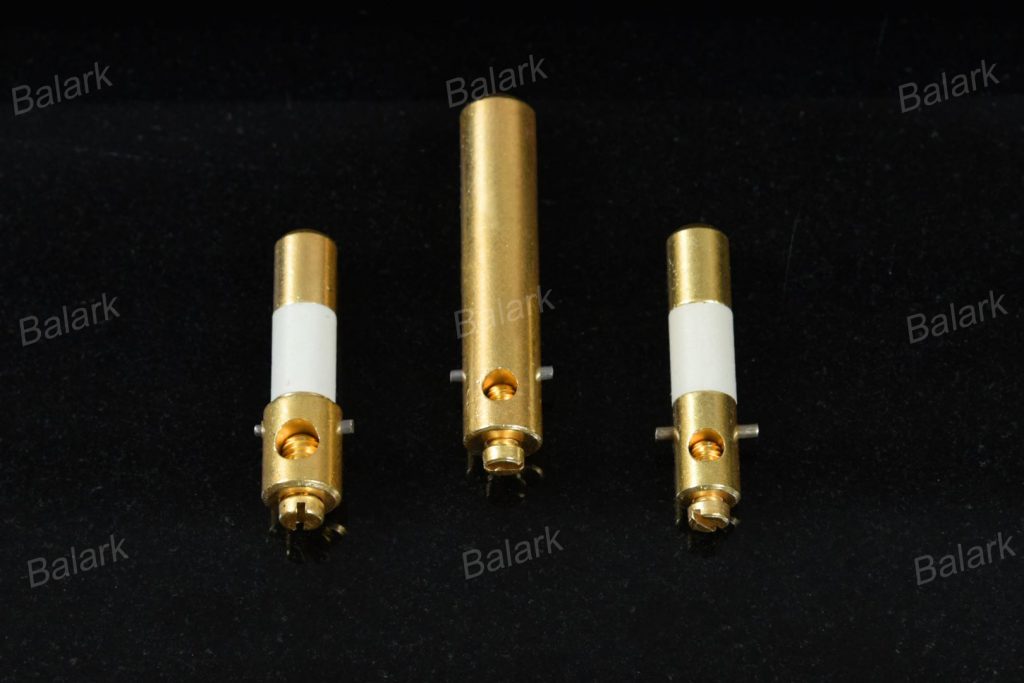In the realm of electronic devices, electrical pins play a pivotal role, serving as the conduits for connectivity and functionality. This comprehensive guide aims to unravel the mysteries of electrical pins, shedding light on their types, functions, and the key considerations that influence their selection. Embark on a journey through the intricate world of electrical connectivity.
Types of Electrical Pins: A Closer Look
Straight Pins vs. Right-Angle Pins Dive into the distinction between straight and right-angle. Explore the applications and advantages of each type, understanding how the choice between them influences the layout and design of electronic circuits.
Through-Hole vs. Surface-Mount Pins Uncover the nuances between through-hole and surface-mount Delve into the pros and cons of each mounting style, gaining insights into the impact on assembly processes and overall circuit design.
Functions and Importance of Electrical Pins
Conductivity and Signal Transmission At the core of every electrical pin lies its primary function: conductivity. Explore how electrical pins facilitate the transmission of signals, ensuring seamless communication within electronic circuits. Understand the critical role they play in maintaining electrical integrity.
Power Supply and Voltage Regulation Delve into the realm of power supply through. From delivering power to regulating voltage, these pins are essential components in ensuring stable and reliable energy distribution within electronic devices. Explore their impact on device performance and longevity.
Considerations for Choosing Electrical Pins
Material Matters: Brass vs. Copper Navigate the choice between brass and copper. Examine the properties of each material, considering factors such as conductivity, corrosion resistance, and cost. Make informed decisions based on the specific requirements of your electronic application.
Environmental Factors: Temperature and Moisture Resistance Explore the impact of environmental conditions on electrical pins. From temperature extremes to moisture exposure, understand how these factors can affect performance. Learn about pins designed to withstand challenging environments, ensuring reliability in various conditions.
Customization and Specialized Pins
Tailored Solutions with Custom Pins Unlock the world of customization with specialized electrical pins. Explore how manufacturers offer tailored solutions to meet unique design and functionality requirements. From specific shapes to coating options, discover the flexibility offered by custom pins.
High-Frequency and High-Current Pins For applications demanding superior performance, delve into the realm of high-frequency and high-current electrical pins. Understand how these specialized pins cater to the unique needs of electronic devices requiring increased power or enhanced signal transmission capabilities.
FAQs: Demystifying Electrical Pins
Q: Can I interchange straight and right-angle pins in my circuit? A: While possible in some cases, it’s crucial to consider the circuit layout and design constraints. Right-angle pins are often preferred for space-saving designs.
Q: What is the typical lifespan of electrical pins in electronic devices? A: The lifespan depends on factors such as material quality, usage conditions, and manufacturing standards. High-quality pins can last for the entire operational life of the device.
Q: Are there environmentally friendly options for electrical pins? A: Yes, manufacturers offer eco-friendly options, including lead-free pins, to align with environmental regulations and sustainability goals.
Q: Can I solder surface-mount pins manually, or is specialized equipment required? A: While manual soldering is possible, specialized equipment such as reflow soldering is recommended for surface-mount pins to ensure precise and consistent results.
Q: What considerations are crucial when choosing between through-hole and surface-mount pins? A: Consider factors like space constraints, assembly processes, and the overall design goals of your electronic circuit when choosing between through-hole and surface-mount pins.
Q: How can I prevent corrosion on brass electrical pins? A: Regular maintenance and proper storage conditions can help prevent corrosion on brass pins. Applying a protective coating or using corrosion-resistant materials are also effective measures.
Conclusion
As the unsung heroes of electronic connectivity, electrical pins deserve attention for their crucial role in device functionality. From straight to right-angle, through-hole to surface-mount, understanding the types and considerations for choosing the right pins is essential for designing robust and reliable electronic circuits.

